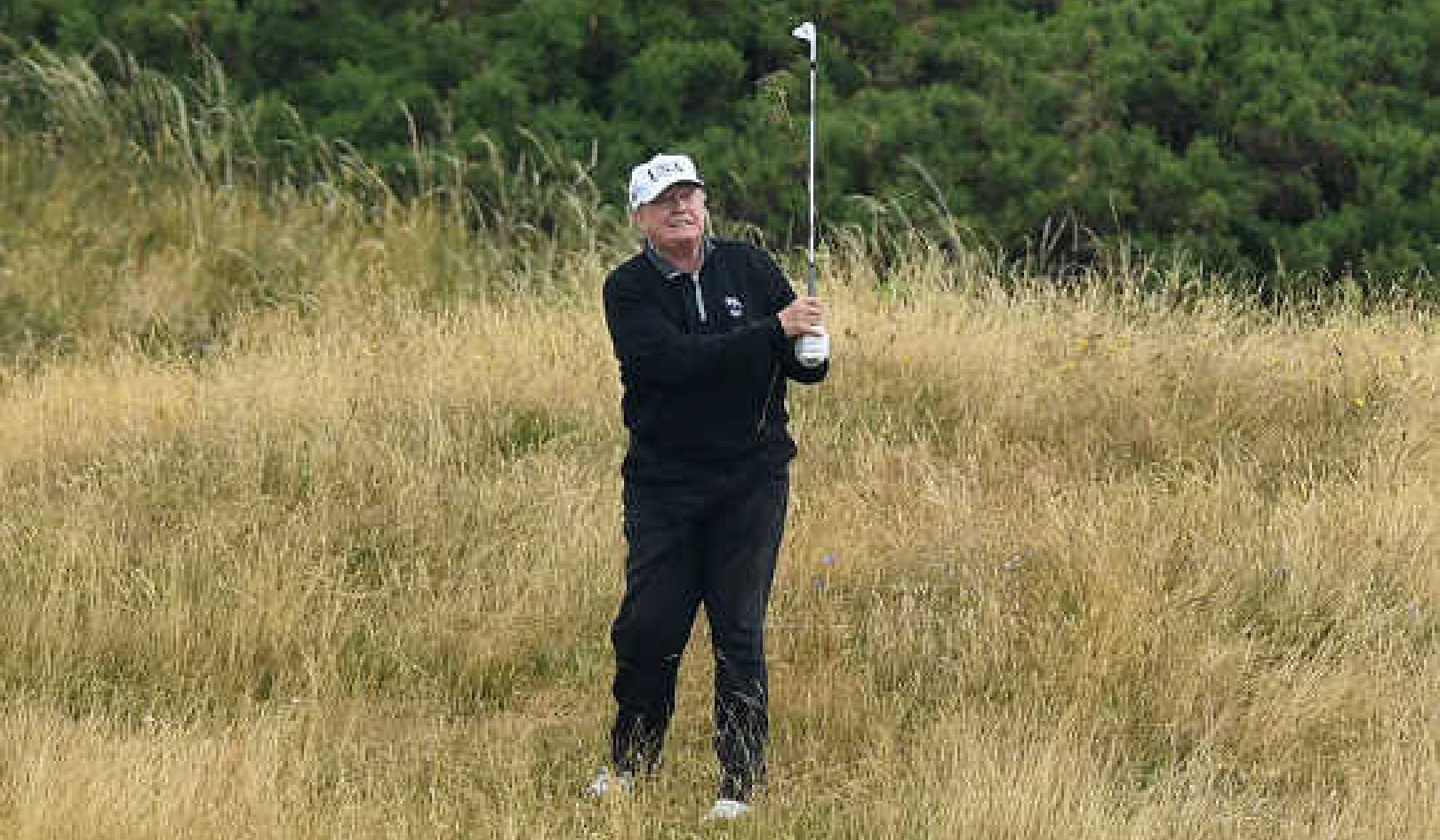 Forget waiting by the phone for someone who never calls, science suggests niceness is hot. Olga Rosi/Shutterstock
Forget waiting by the phone for someone who never calls, science suggests niceness is hot. Olga Rosi/Shutterstock
“Nice guys finish last” is one of the most widely believed maxims of dating. Fleshed out, the idea goes something like this: heterosexual women might say they want nice characteristics in a partner, but in reality what they want is the challenge that comes with dating a “bad boy”. This idea is so widespread that some people are even making money off the back of it, selling self-help books and teaching men how to pick up women by insulting them – a practice known as “negging”.
Recently, an article published by Broadly claimed, “Everyone knows [bad boys] … are desirable. Thanks to a recent study, this is now scientifically verifiable.”
The research it refers to is a study published earlier this year, which suggested that some men smoke and drink because this makes them more attractive short-term partners.
Leaving aside the obvious point that the article is conflating “bad” with drinking and smoking (as Girl on the Net writes, “badness” is really a lot more than just smoking 20 a day or drinking like there’s no tomorrow), is it really true that women prefer bad boys (read: insensitive, macho jerks)? Let’s take a look at some reliable scientific evidence.
One way to investigate the issue is to present women with hypothetical men with different personality types and see which ones they prefer. In one such study, participants had to help a fictional character named Susan choose a date from three male contestants, based on their answers to her questions. In one version, the man was nice – he was in touch with his feelings, caring and kind. In another, he was a self-described “real man” who was insensitive and unkind. The third contestant simply gave neutral answers.
So which contestant did participants think Susan should date and who did they prefer to date themselves? Contrary to the stereotype that nice guys finish last, it was actually the nice contestant that was chosen most frequently for both Susan and for participants themselves.
In another study, participants who read dating ads in which people described themselves as altruistic (“I volunteer at the food bank”) were rated as more attractive short-term dates and long-term partners than those who didn’t mention such qualities. Other studies have similarly shown that women prefer men who are sensitive, confident and easy-going, and that very few (if any) women want to date a man who is aggressive or demanding. The picture that emerges is clear: when women rate hypothetical partners, they clearly prefer “nice” men.
In fact, the power of niceness shouldn’t be underestimated. Some studies have shown that having a nice personality can even affect impressions of a person’s physical attractiveness. Characteristics such as warmth, kindness, and basic decency are valued by both women and men – having them makes us more desirable partners, but also makes us appear more physically attractive.
The attractive power of narcissists
Of course, sometimes we do find “bad” people attractive. Narcissists – people who show high levels of self-importance, superiority, entitlement, arrogance and a willingness to exploit others – are often perceived as very attractive in initial encounters. This may be because they put a lot of effort into their appearance and how they come across. Studies have shown that female narcissists tend to wear more make-up and show more cleavage than women who score lower on narcissism, whereas male narcissists spend more time building up their muscle mass.
 Narcissists often struggle to maintain long-term relationships. Guryanov Andrey/shutterstock
Narcissists often struggle to maintain long-term relationships. Guryanov Andrey/shutterstock
In the very short term, narcissists can even seem more well-adjusted, entertaining and generally nicer. But over the long term, narcissists find it difficult to maintain a favourable impression and tend to be perceived as less adjusted, less warm, and more hostile and arrogant. Not surprisingly, the evidence shows that narcissists don’t like long-term, committed relationships and don’t do well in them anyway.
And there may be all sorts of other reasons why some people end up dating “bad people”. They may be repeating patterns of behaviour they’ve become used to in past relationships or they may find the world of dating stressful and end up making bad decisions. Or they may simply have bought into myths of dating and behave accordingly. But, for the most part, the evidence suggests that both women and men prefer nice partners and are turned off by jerks.
The problem with the nice-guys-finish-last stereotype, aside from going against the grain of years of scientific evidence, is that it may compromise the possibility of forming meaningful relationships. Perpetuating this myth not only creates unhelpful expectations about how we should behave, but trying to live up to the myth can sometimes damage relationships.
In the end, the idea that women want to date bad boys really just reinforces the misogynist’s idea of deceitful women and earnest “nice” men baffled by their lack of dating success. It allows some men to blame and hate women as a means of deflecting attention away from their own shortcomings. So, if you’re looking to science for some advice, it’s simple: be nice.![]()
About The Author
Viren Swami, Professor of Social Psychology, Anglia Ruskin University
This article is republished from The Conversation under a Creative Commons license. Read the original article.
Books on Couples from Amazon's Best Sellers list
"The Seven Principles for Making Marriage Work: A Practical Guide from the Country's Foremost Relationship Expert"
by John Gottman and Nan Silver
This best-selling book offers practical advice and strategies for building and maintaining a strong and healthy marriage. Drawing on decades of research, the author outlines seven key principles for creating a successful partnership, including improving communication, managing conflict, and fostering intimacy.
Click for more info or to order
"Hold Me Tight: Seven Conversations for a Lifetime of Love"
by Sue Johnson
This book provides a step-by-step guide to improving communication and strengthening emotional bonds in romantic relationships. Drawing on the principles of attachment theory, the author offers practical advice and exercises for couples looking to deepen their connection and build a more fulfilling relationship.
Click for more info or to order
"The Love Dare"
by Alex Kendrick and Stephen Kendrick
This popular book offers a 40-day challenge to help couples strengthen their relationship and grow closer to each other. Each day presents a new "dare," such as expressing gratitude or practicing forgiveness, designed to deepen the connection between partners.
Click for more info or to order
"Men Are from Mars, Women Are from Venus: The Classic Guide to Understanding the Opposite Sex"
by John Gray
This classic book offers a humorous and insightful look at the differences between men and women in relationships. The author offers practical advice for bridging the gap and improving communication between partners.
Click for more info or to order
"The Relationship Cure: A 5 Step Guide to Strengthening Your Marriage, Family, and Friendships"
by John Gottman
This book provides a research-based approach to improving relationships of all kinds, including romantic partnerships. The author outlines five key steps for creating stronger and more fulfilling connections with others, drawing on his extensive experience as a couples therapist and researcher.




























